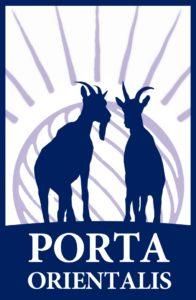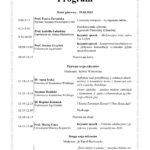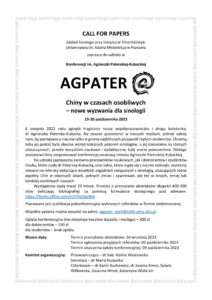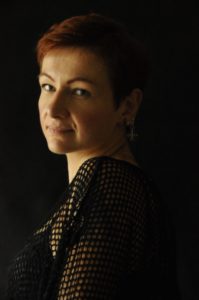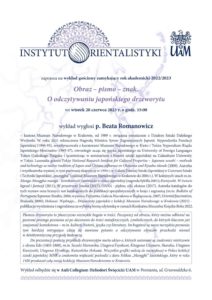Ambasador Japonii, J.E . Akio MIYAJIMA, zaprasza na spektakl tradycyjnego japońskiego teatru Nō – dramat Shōjō Midare w wykonaniu Teatru Nō Hōshō z Tokio, który odbędzie się 18 czerwca 2023 r. o godz. 18:00 w Teatrze Narodowym w Warszawie.
Spektakl ma charakter charytatywny
24 lutego 2022 r. Rosja najechała na Ukrainę, a Polska stała się krajem frontowym. Rząd i firmy japońskie udzieliły różnych form wsparcia ukraińskim przyjaciołom. Wielu ukraińskich uchodźców znalazło schronienie w Polsce. Firma Kajima Poland postanowiła rozpocząć akcję charytatywną wystawiając wspaniałe japońskie spektakle Nō w Warszawie pod patronatem Ambasady Japonii.
Wpływy ze sprzedanych biletów i darowizn zostaną przekazane bezpośrednio PAH (Polskiej Akcji Humanitarnej), która pomaga ofiarom kryzysów humanitarnych spowodowanych konfliktami zbrojnymi i katastrofami naturalnymi: https://www.pah.org.pl/o-nas/
Darowizny w ramach e-moneybox „Kajima wspiera Ukrainę” zostaną przeznaczone na pomoc żywnościową, materialną i psychologiczną dla uchodźców.
Rejestracja odbywa się za pomocą linku lub kodu QR, który znajduje się w załączniku: https://forms.office.com/r/uZ0cw5YZkd
Rejestracja jest możliwa do dnia 8 czerwca. Organizator wydarzenia prześle bilet i wskazówki dotyczące darowizny na zarejestrowany adres.
Chcemy pokazać piękno Nō jak największej liczbie osób.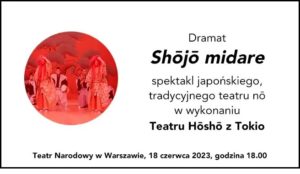
Zapytania: Dział Ekonomii, Ambasada Japonii; tel. 22 696 50 44, -45; e-mail: economy@wr.mofa.go.jp
Wydział Informacji i Kultury Ambasady Japonii
Al. Ujazdowskie 51, 00-536 Warszawa
info-cul@wr.mofa.go.jp
